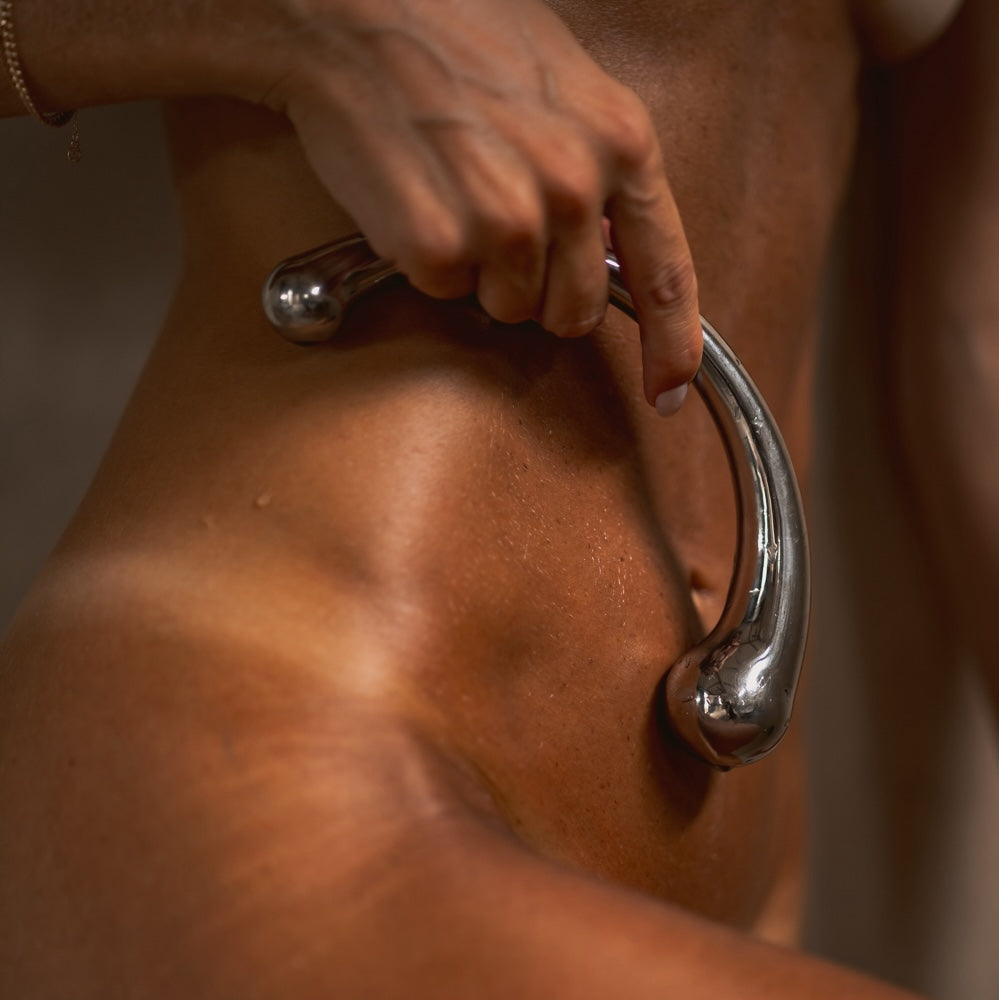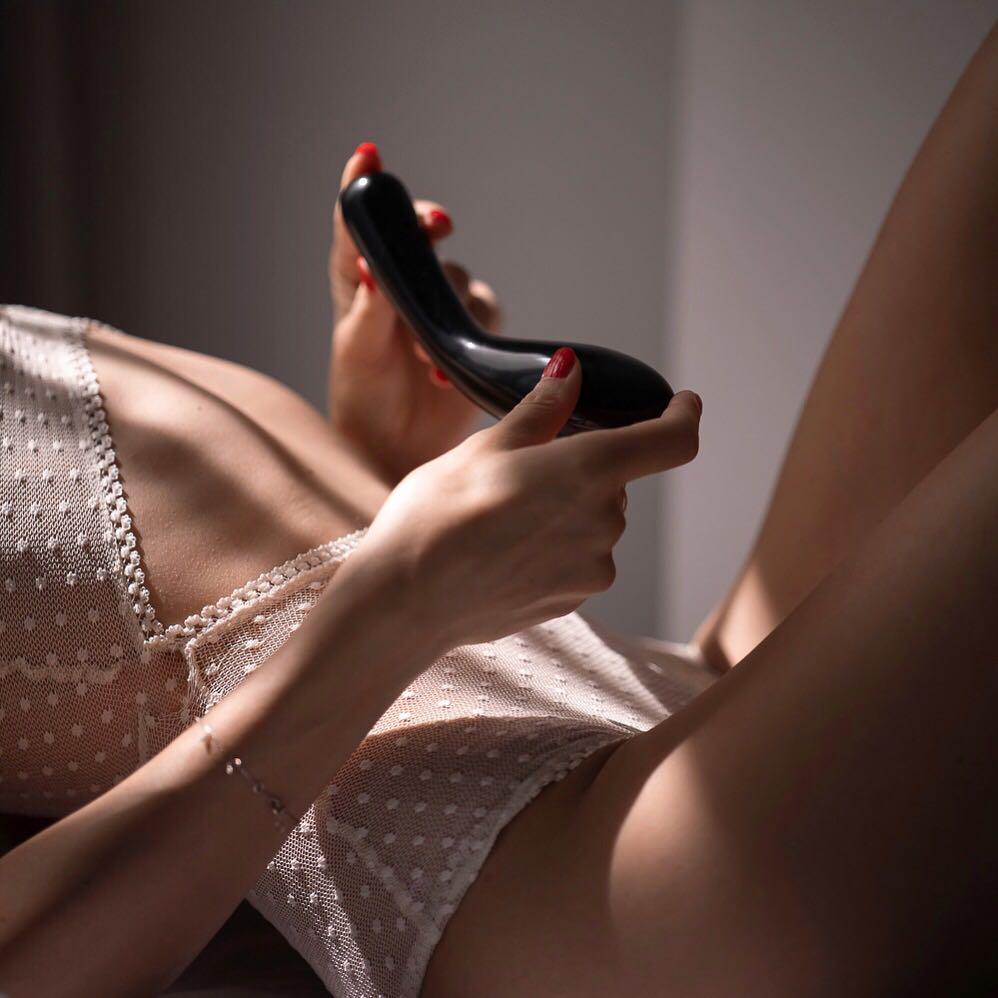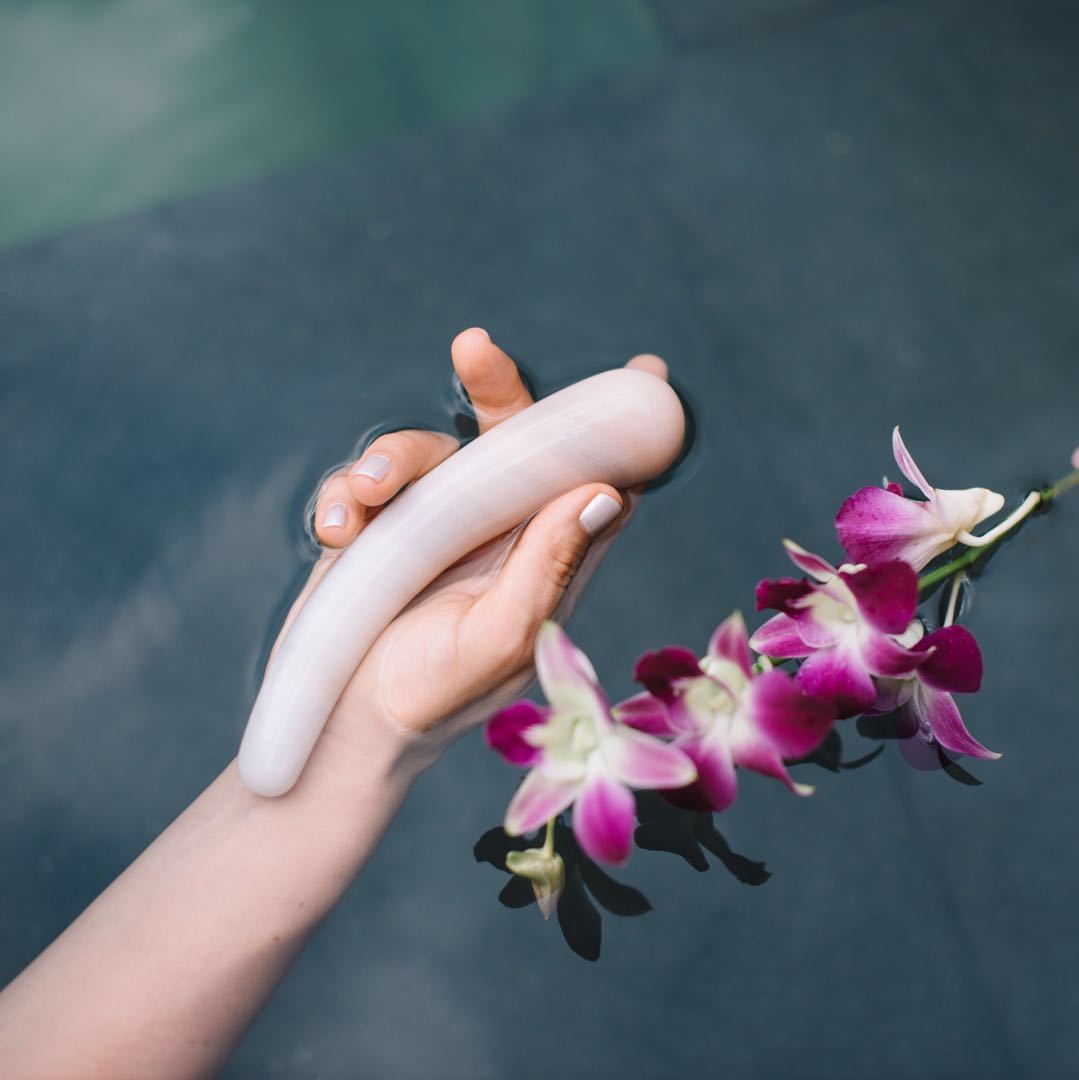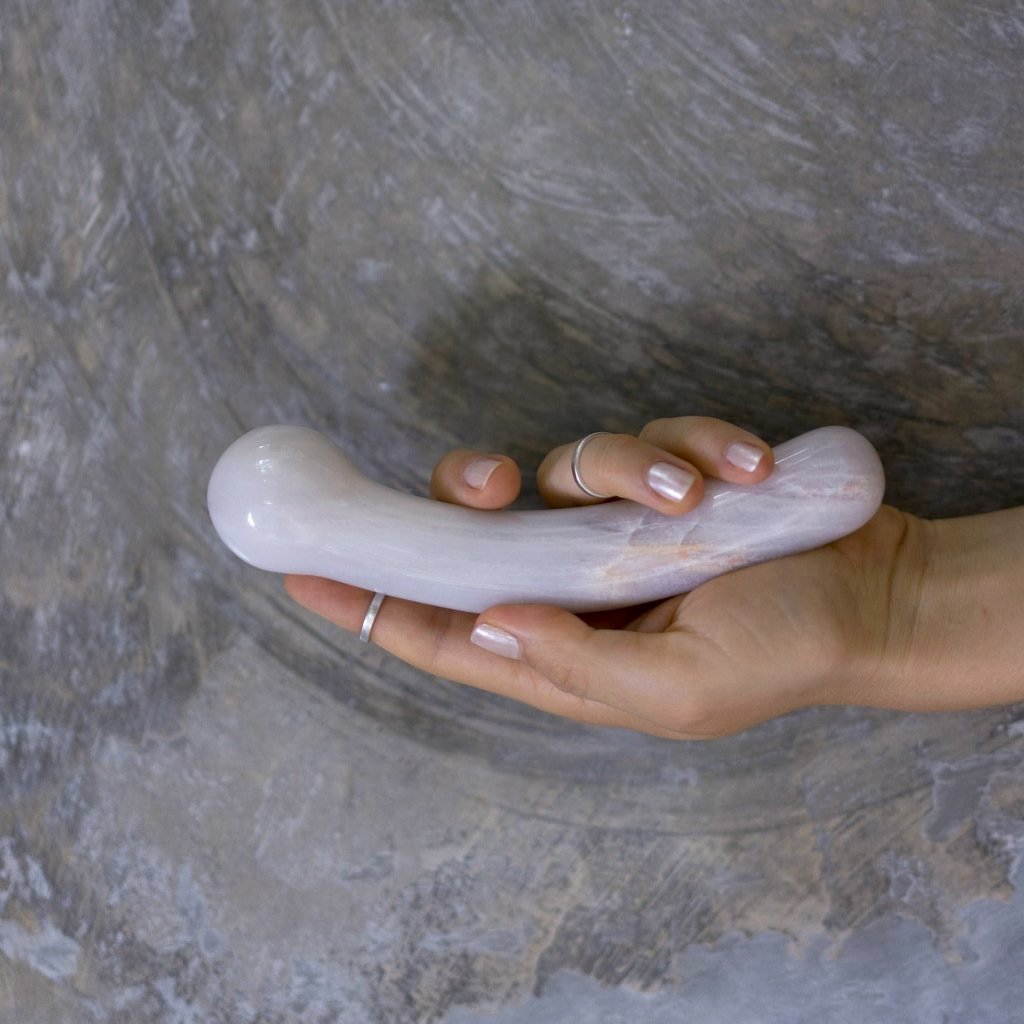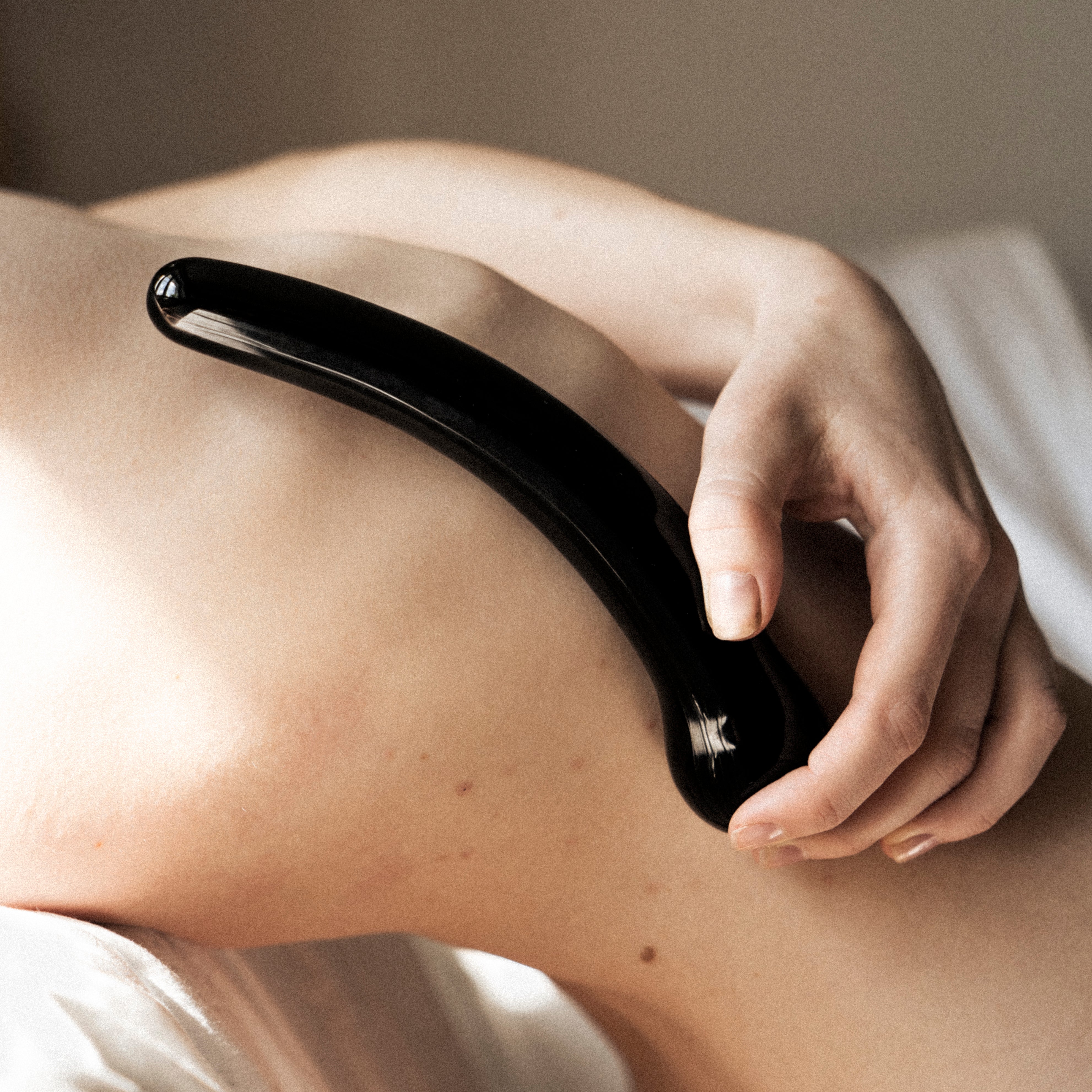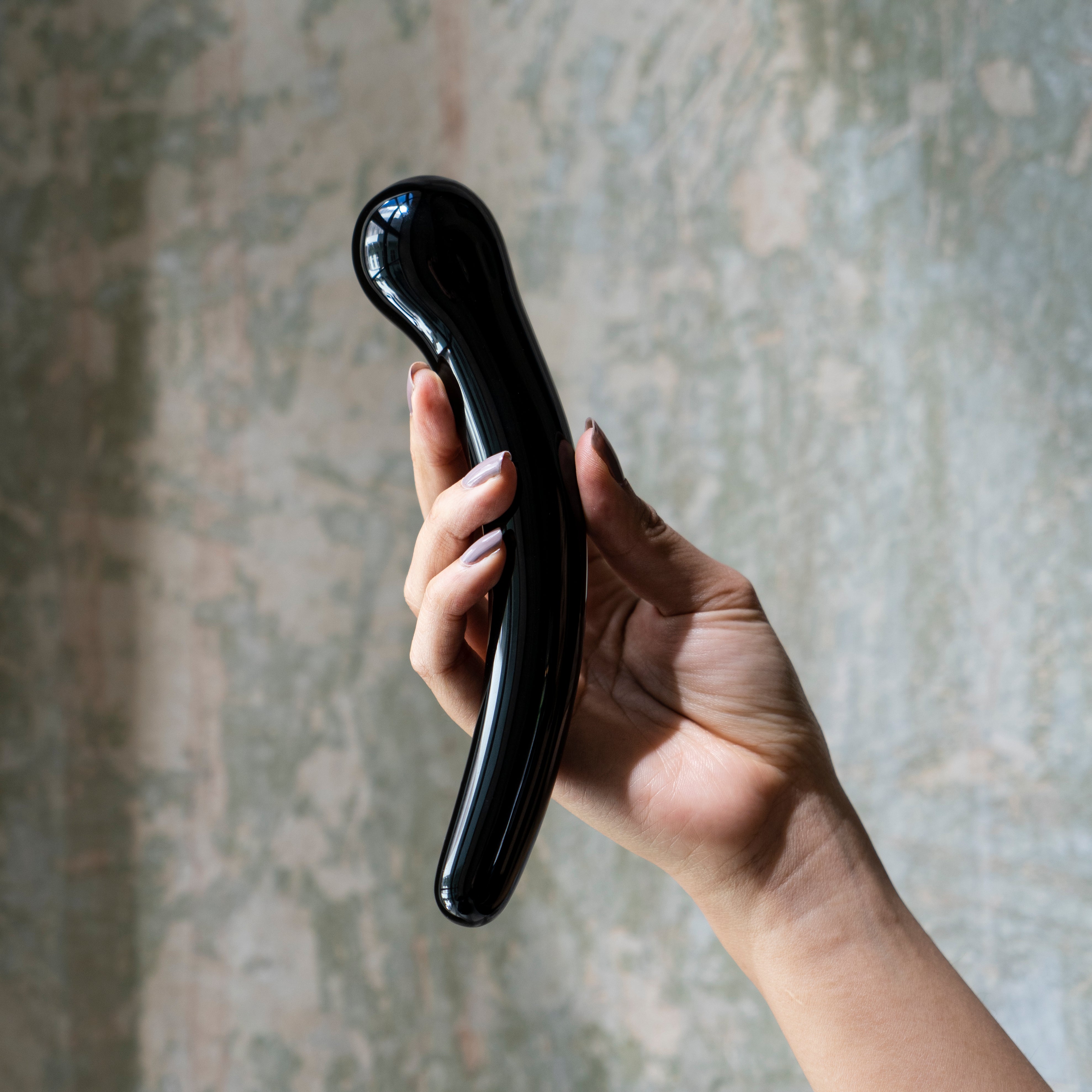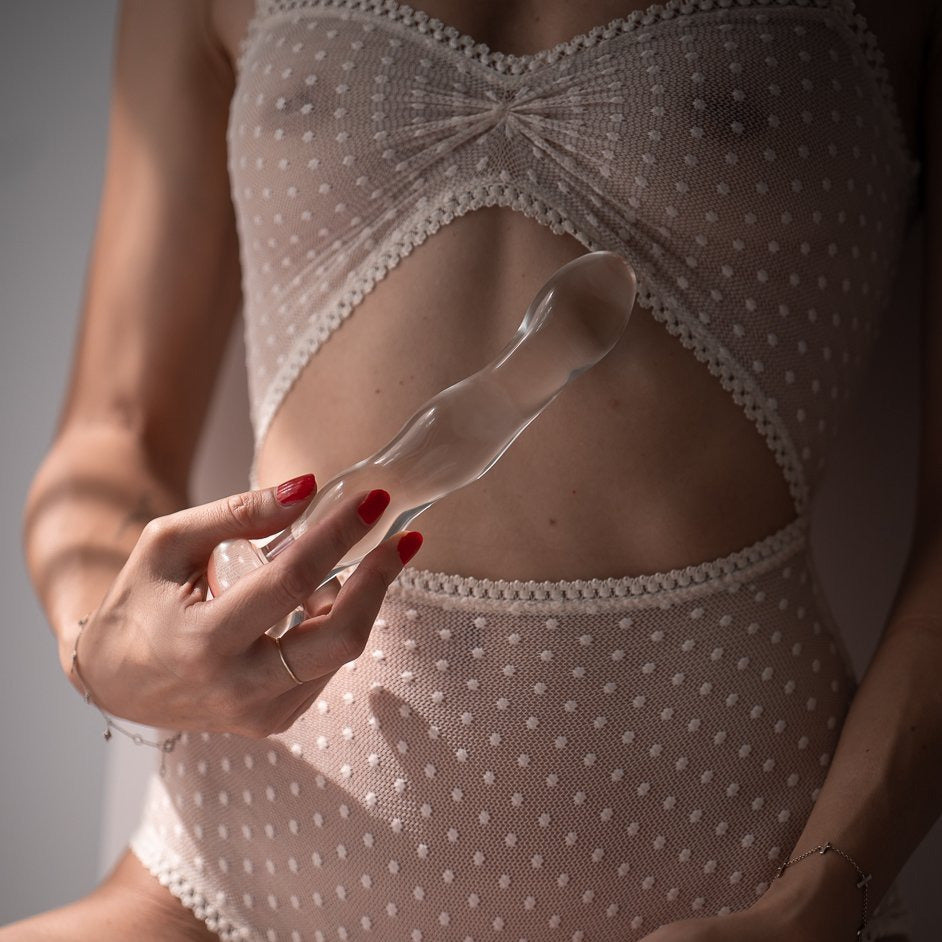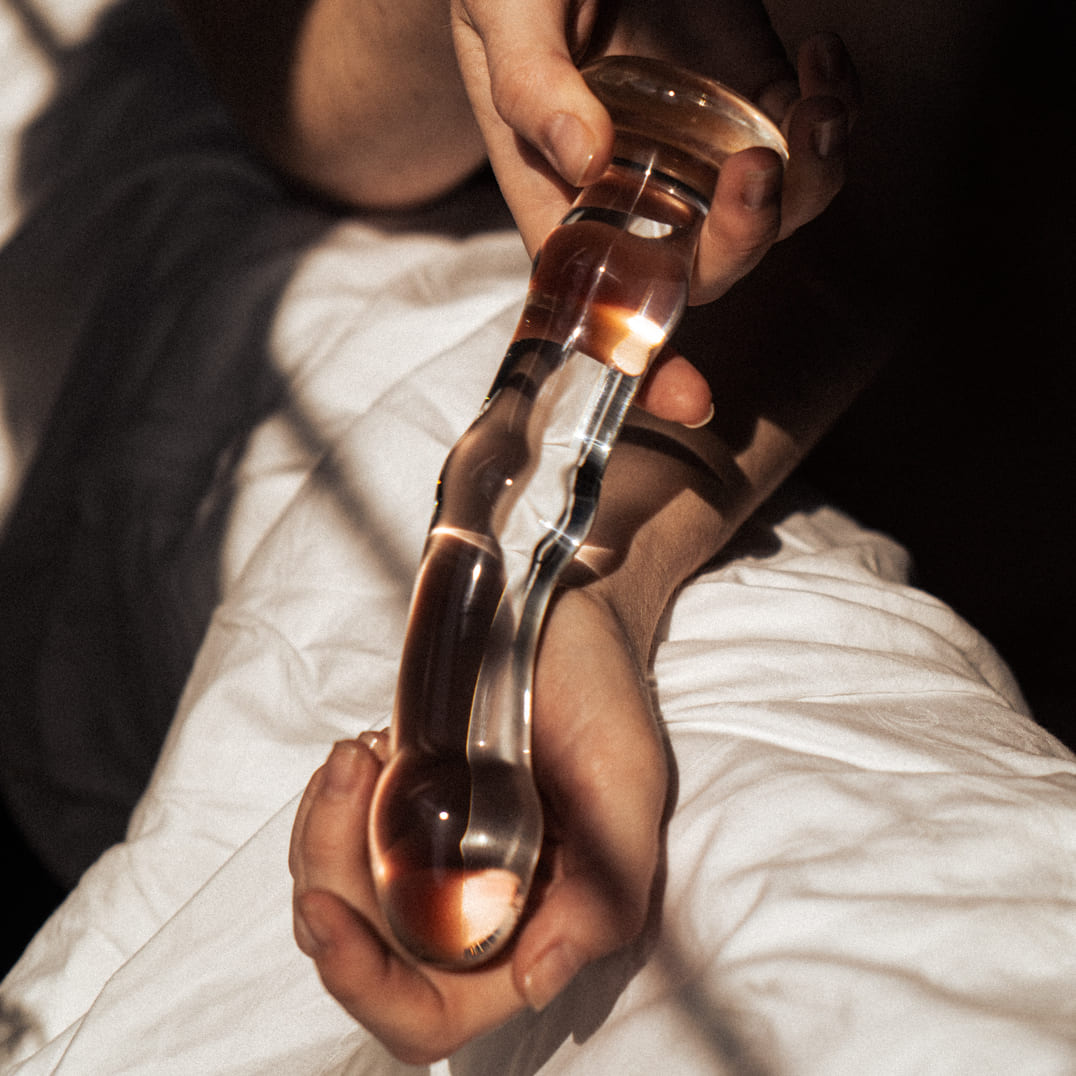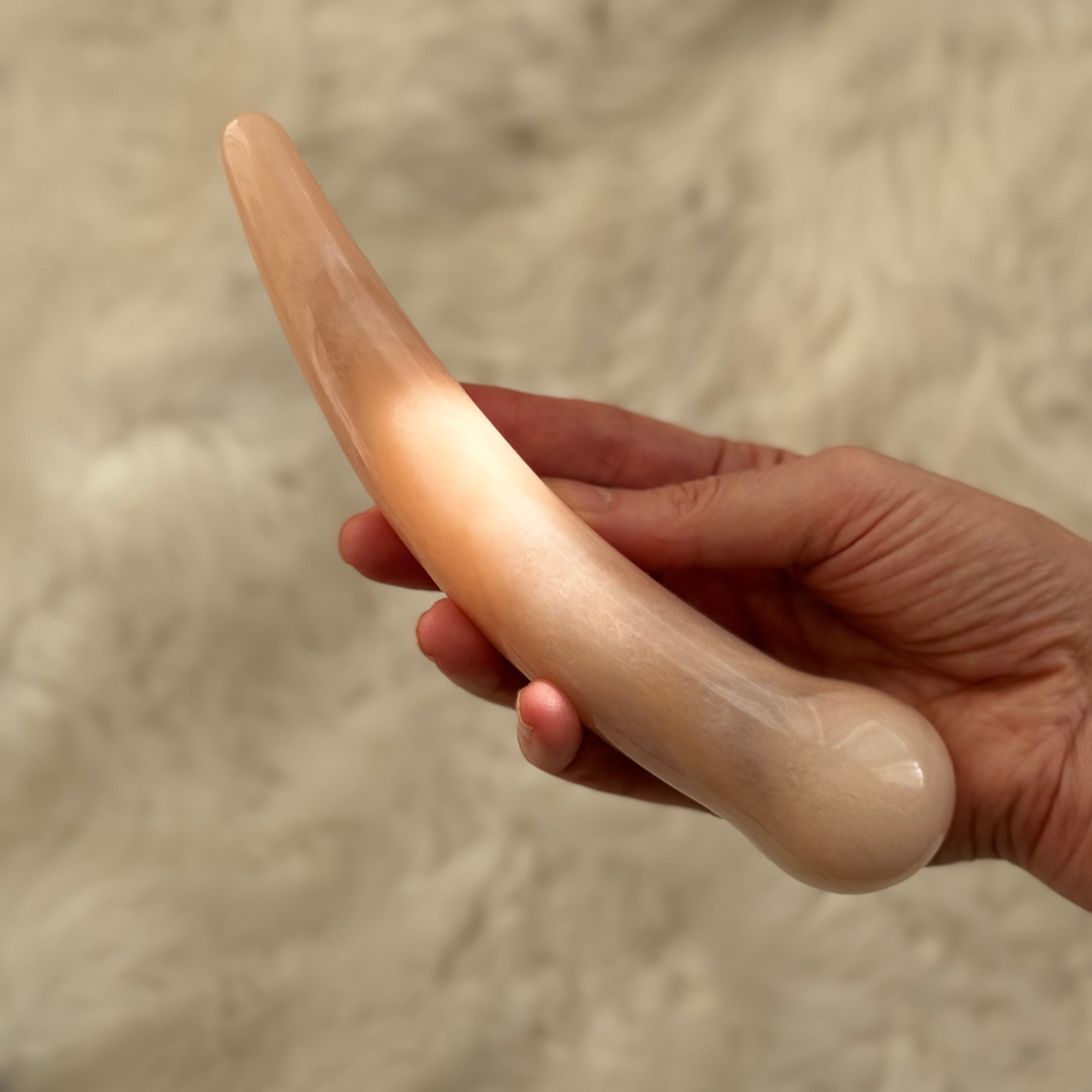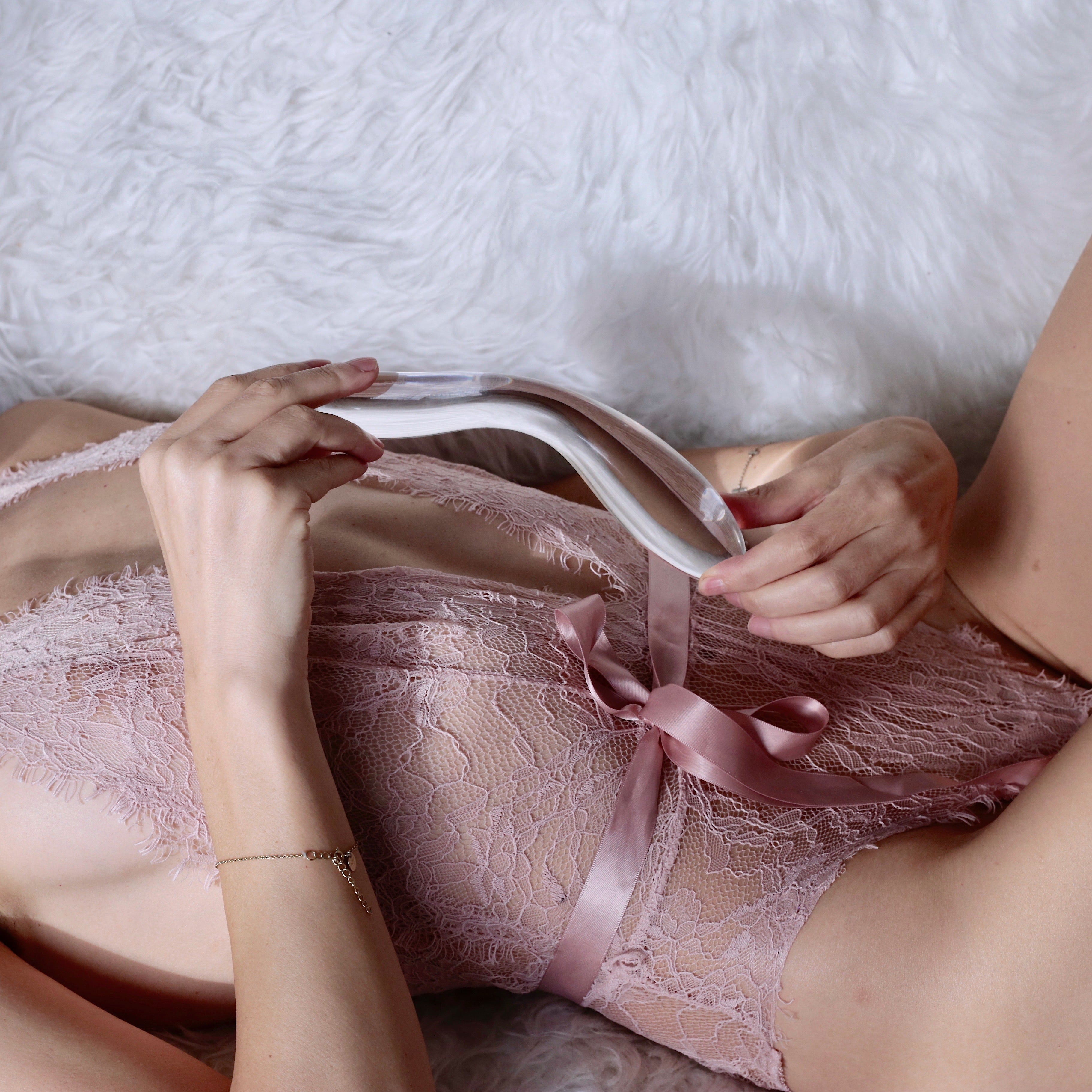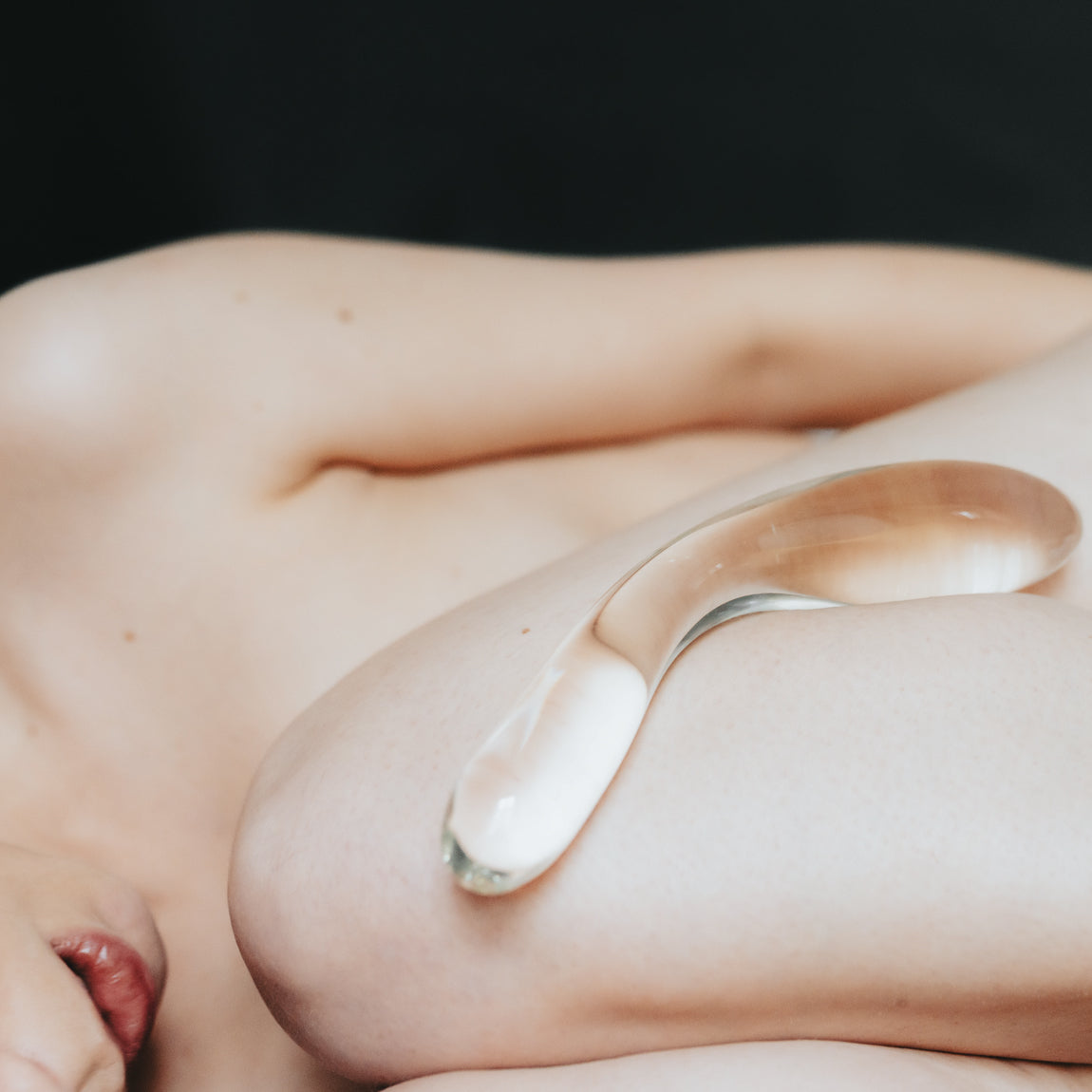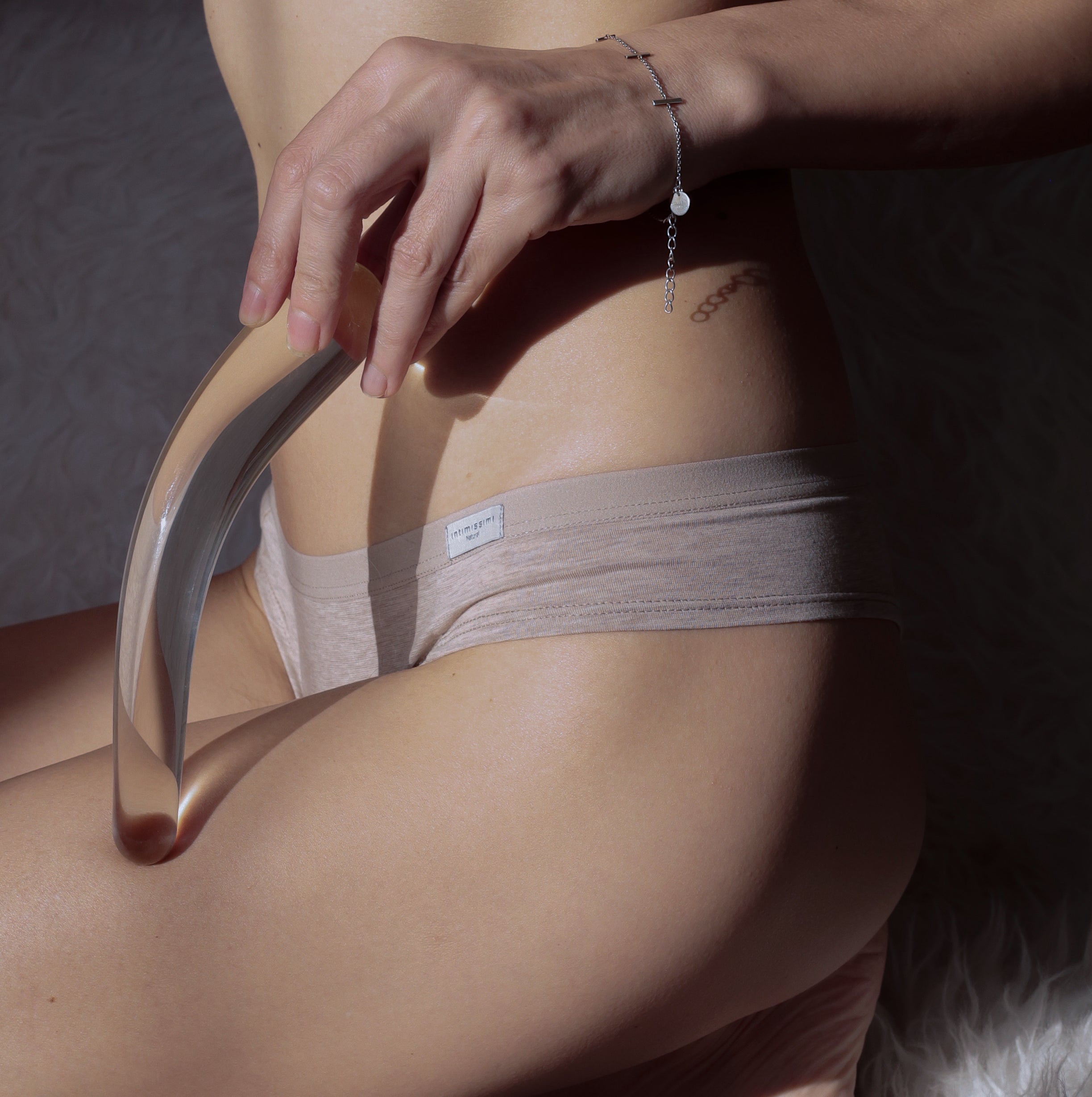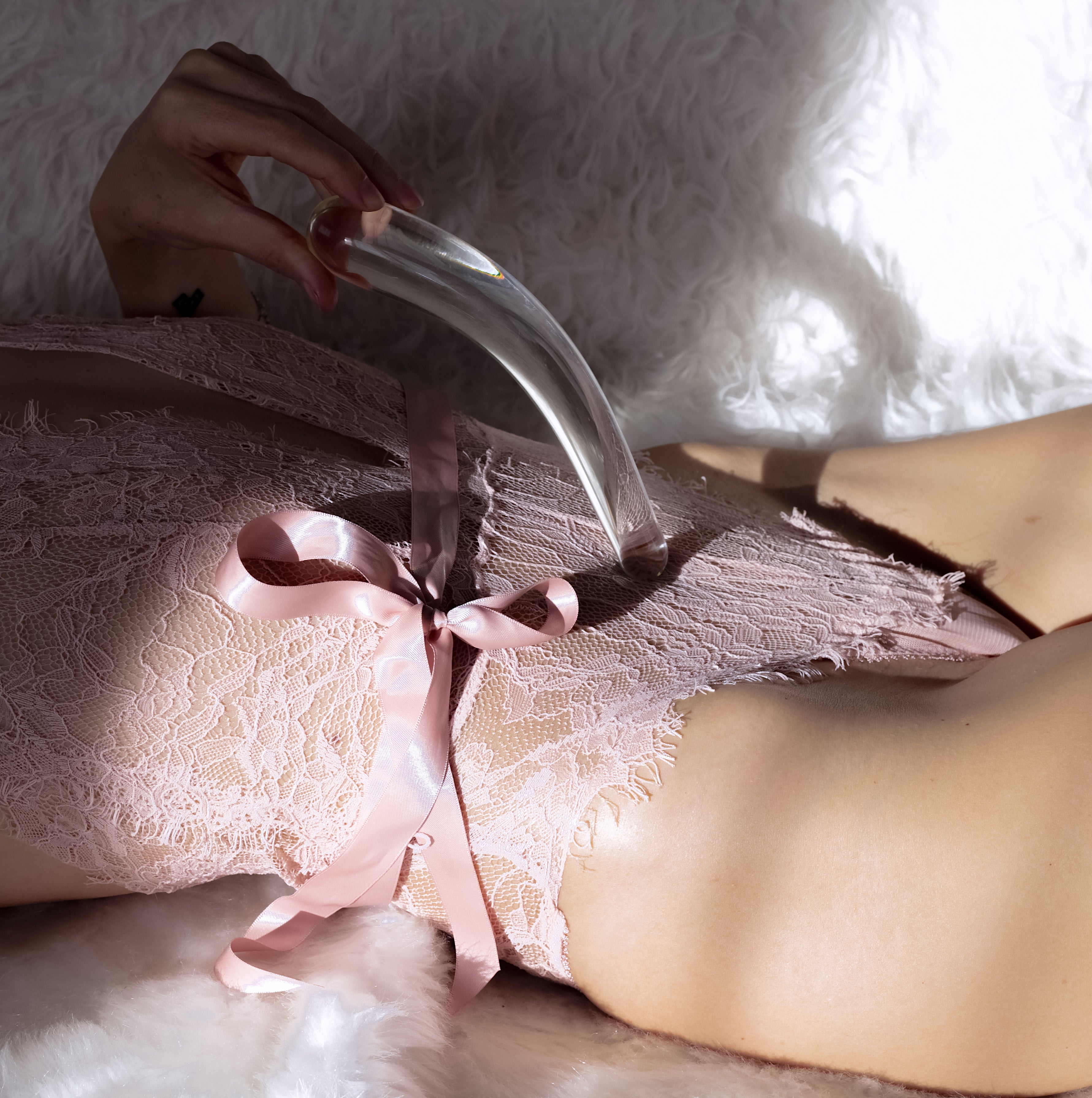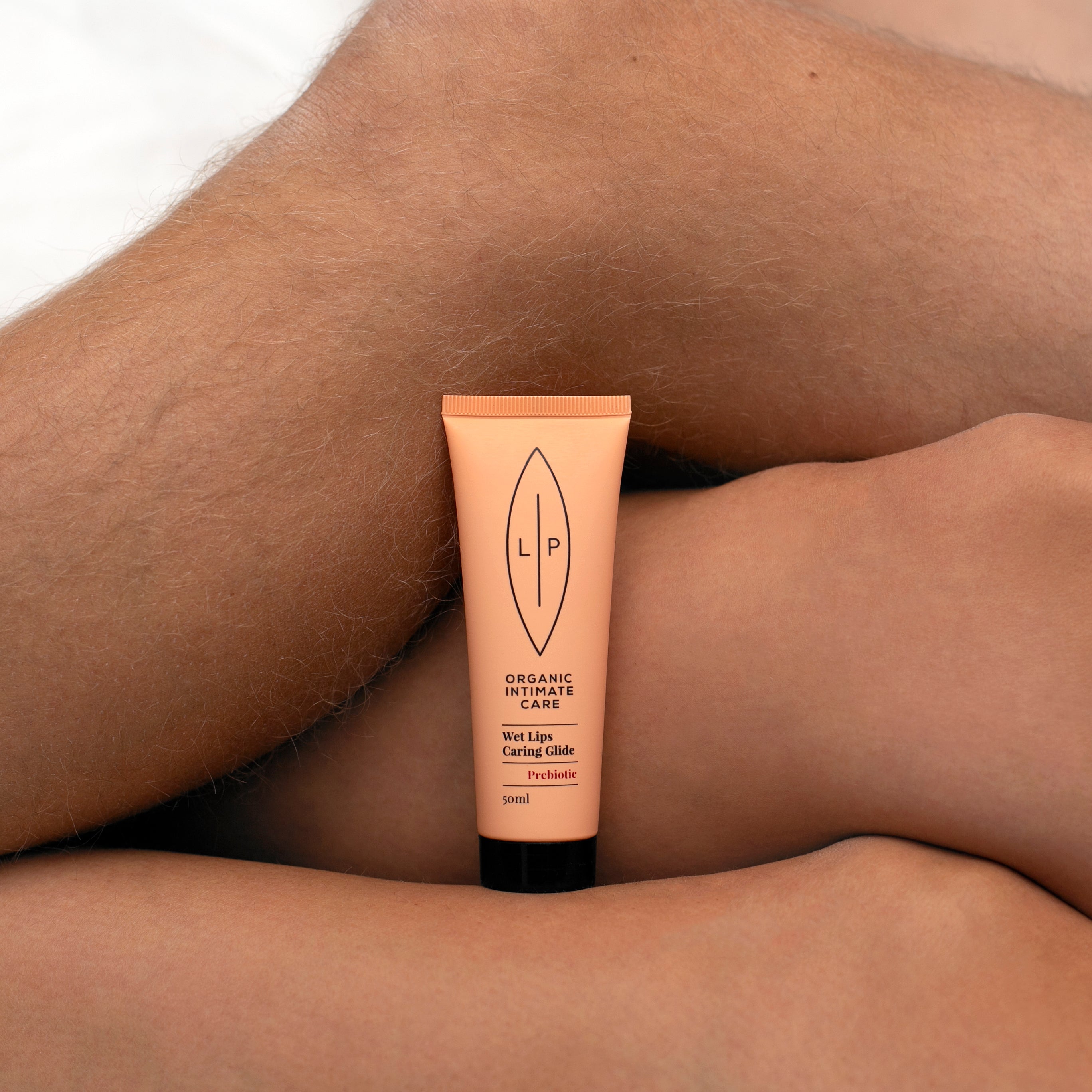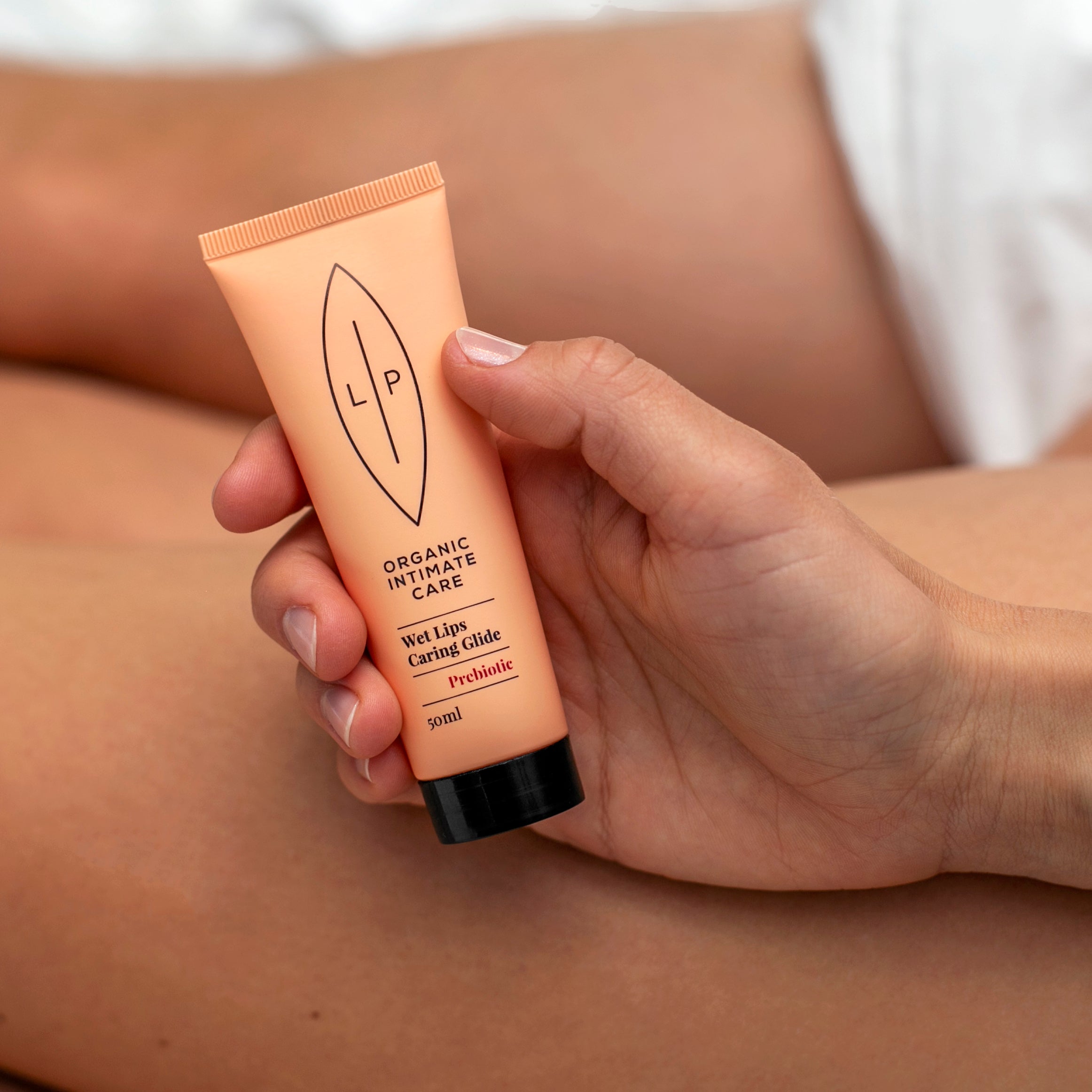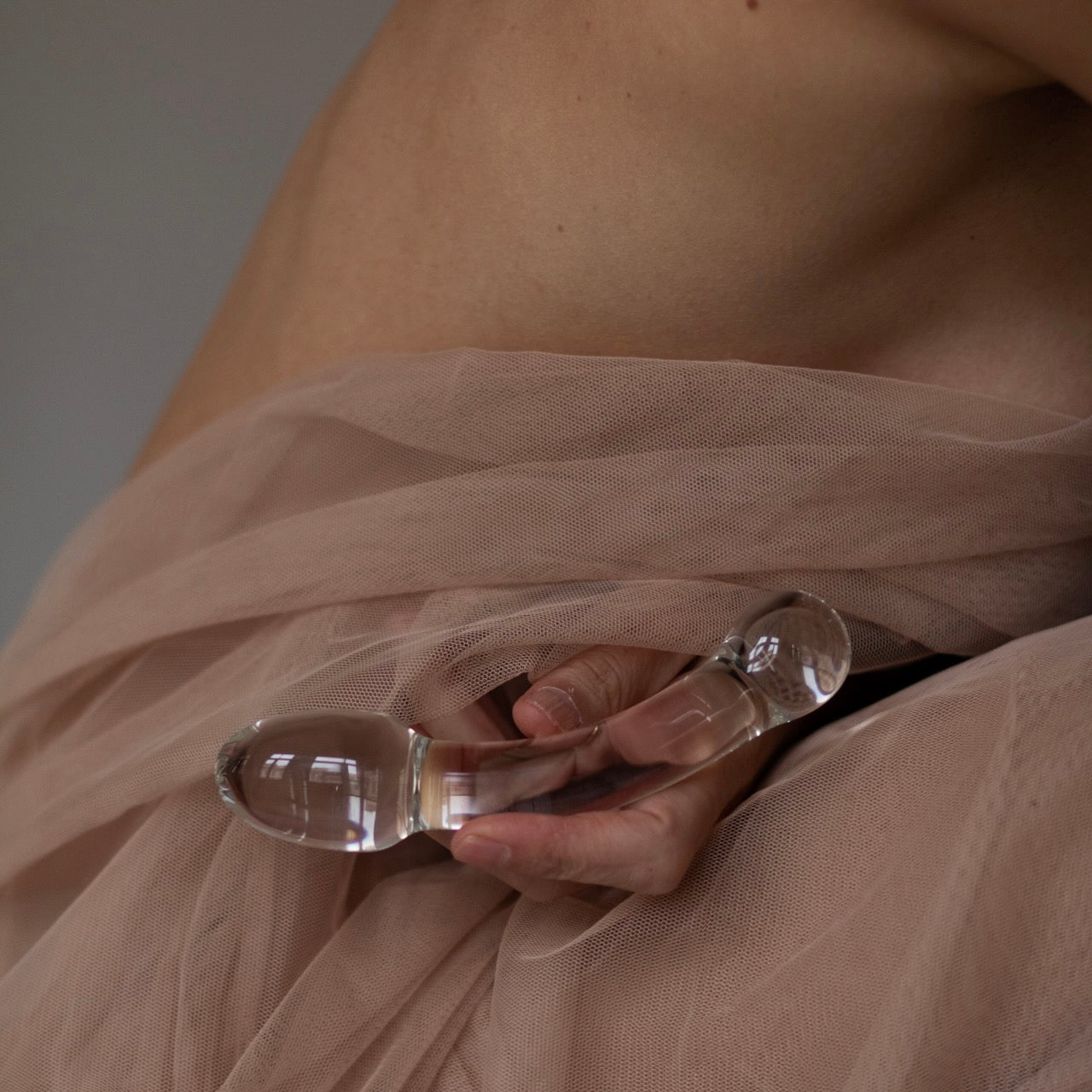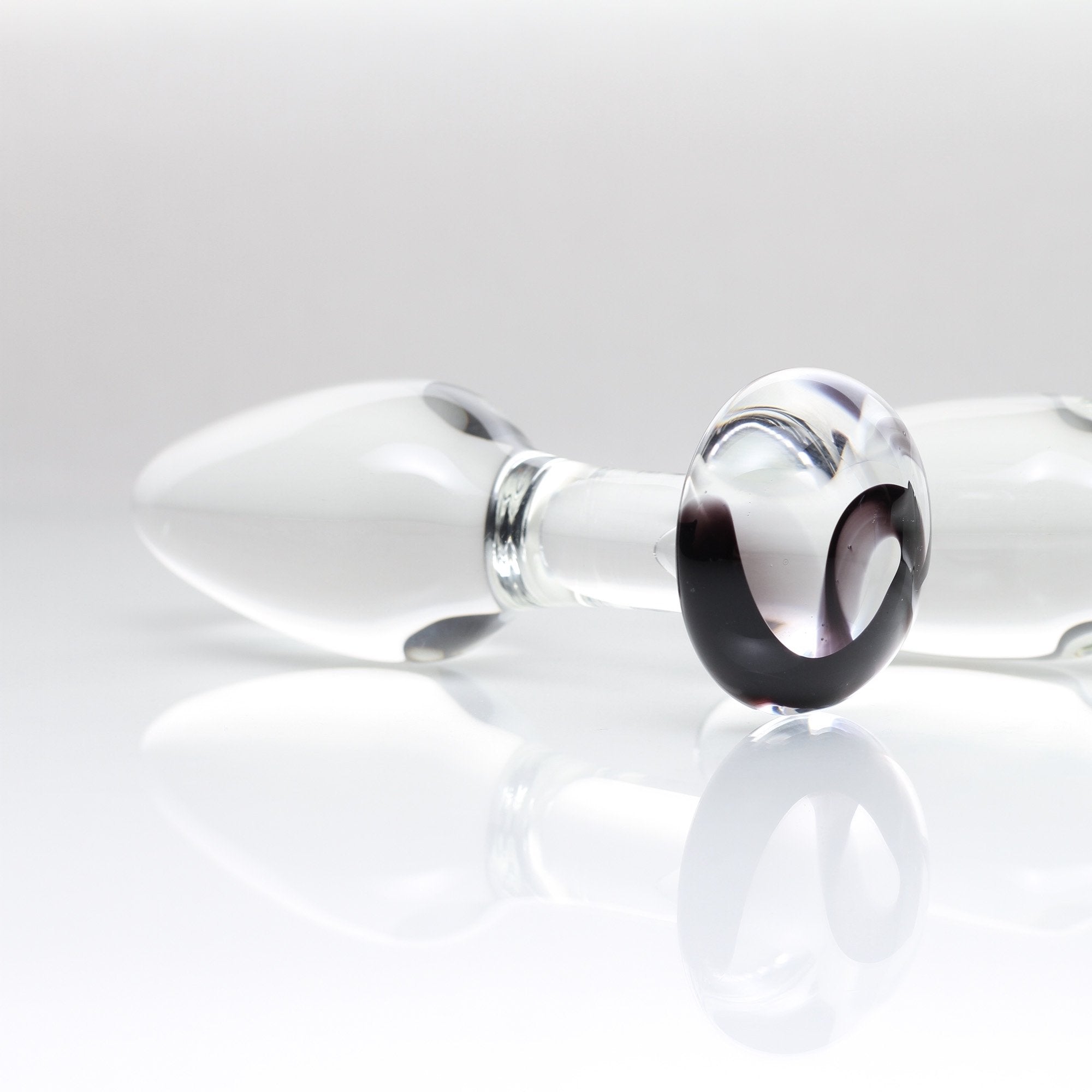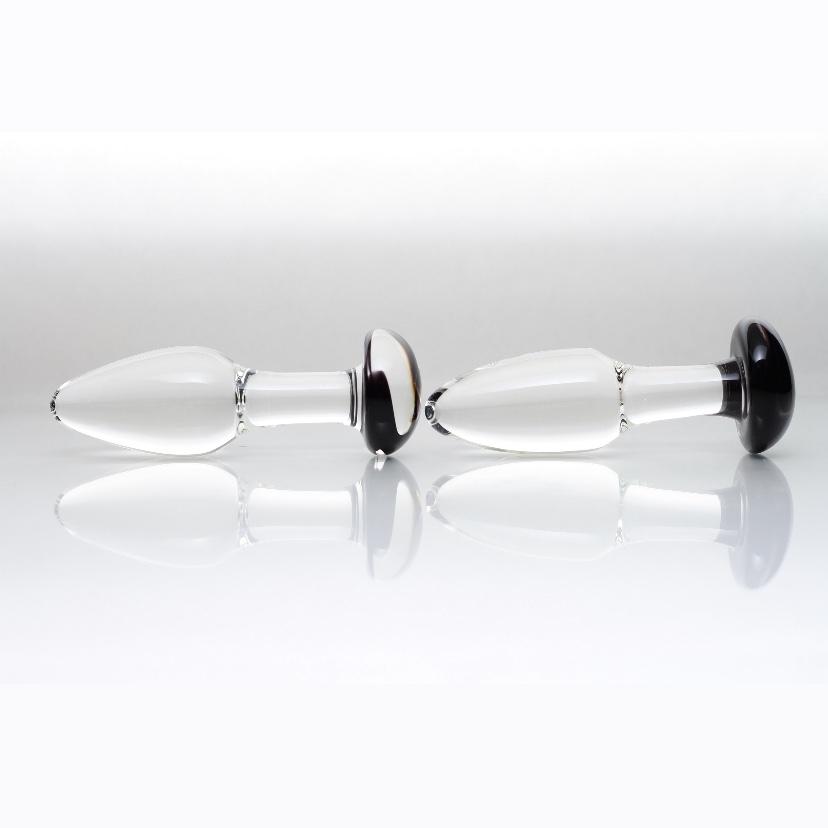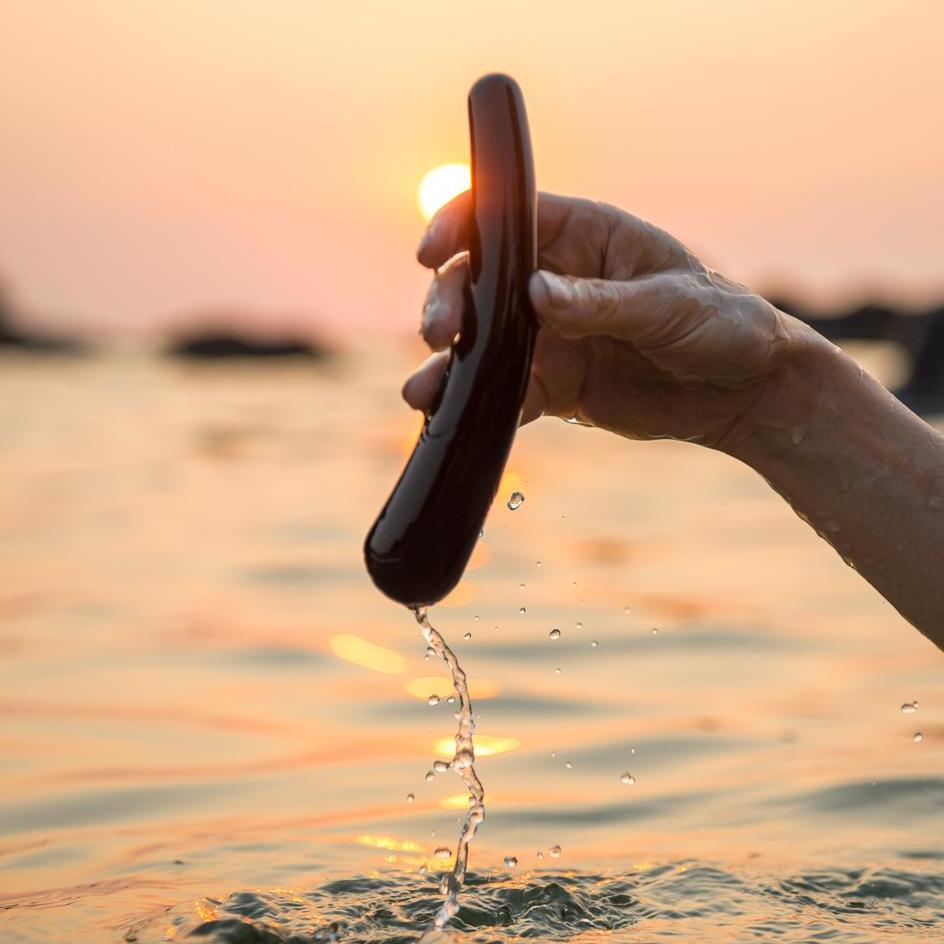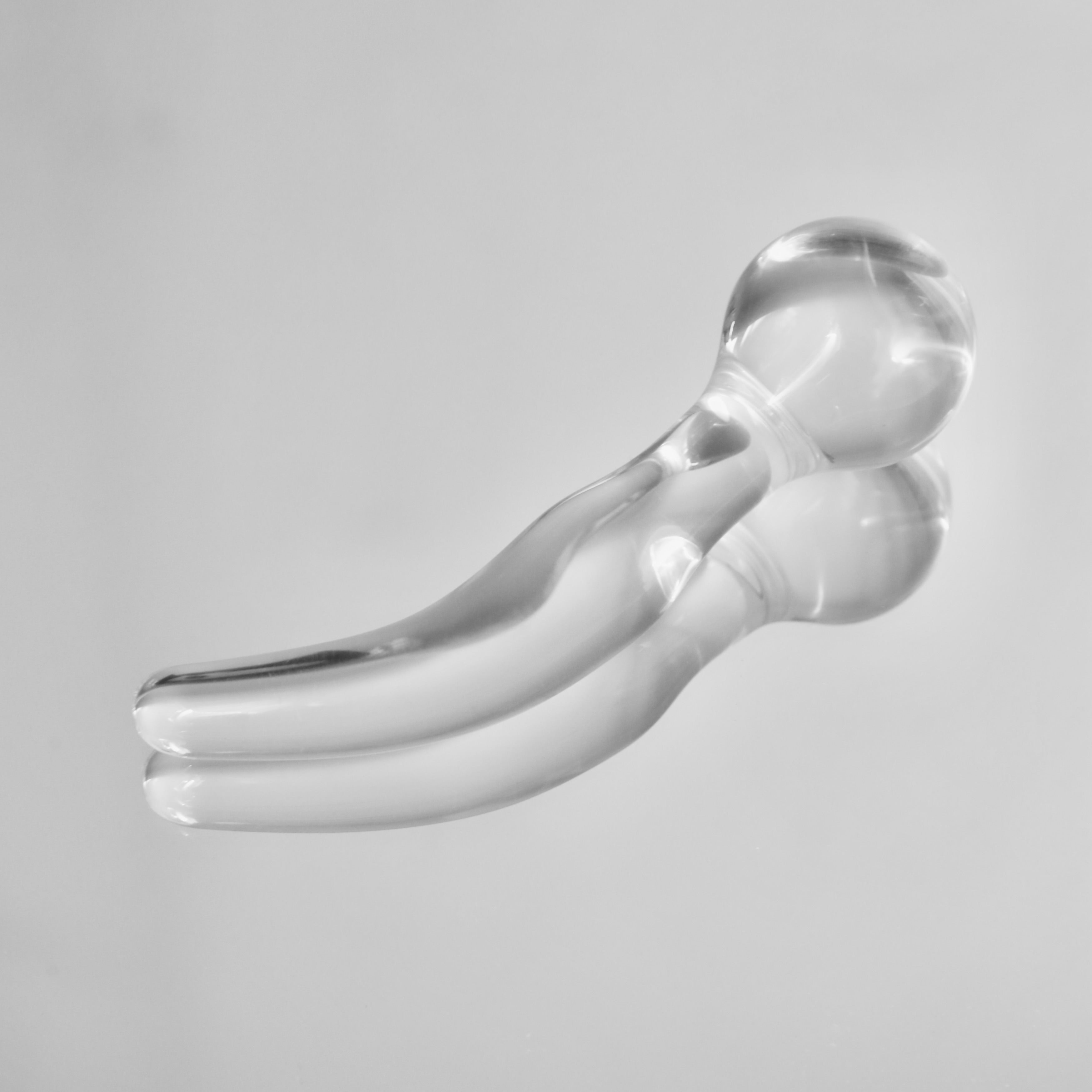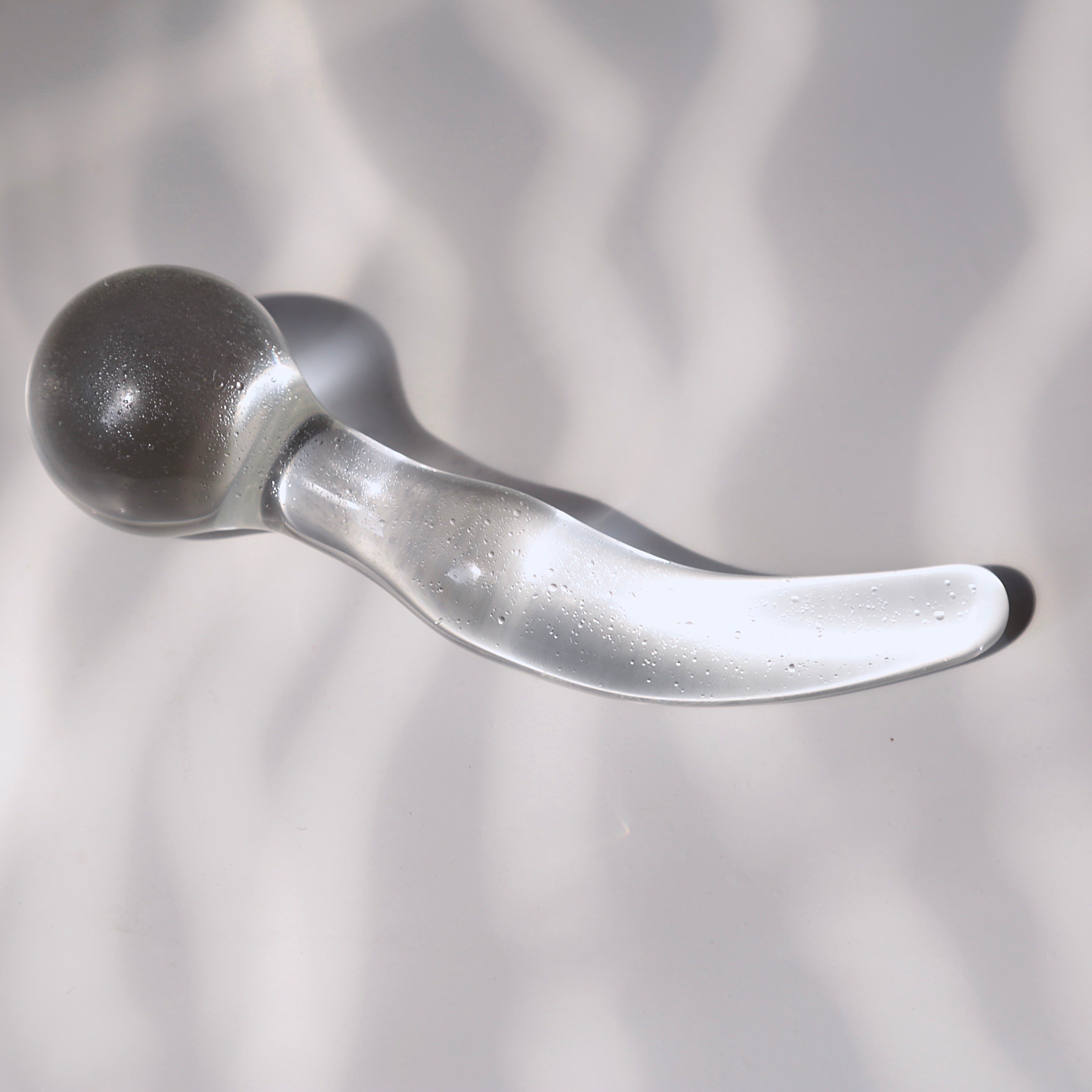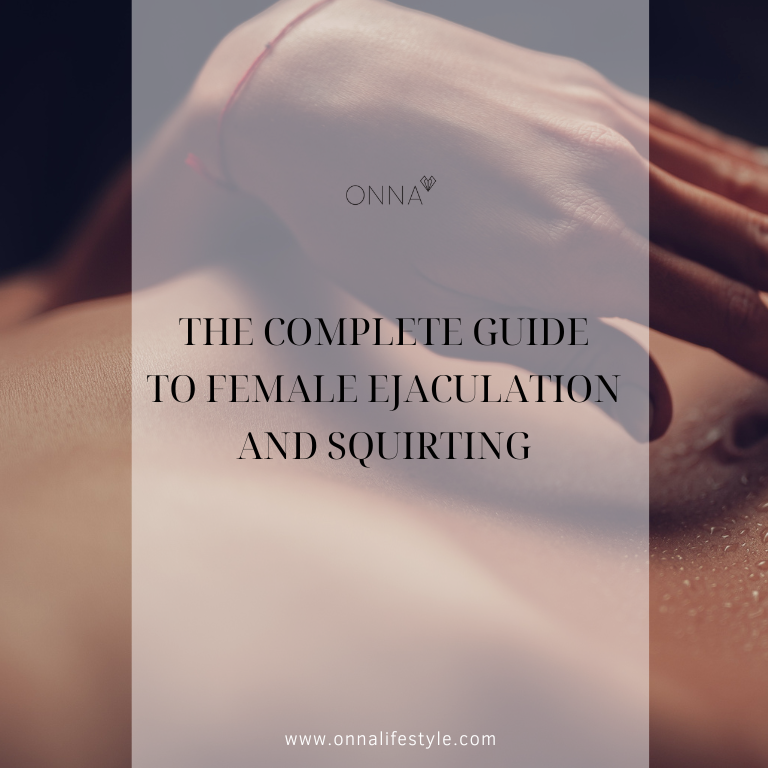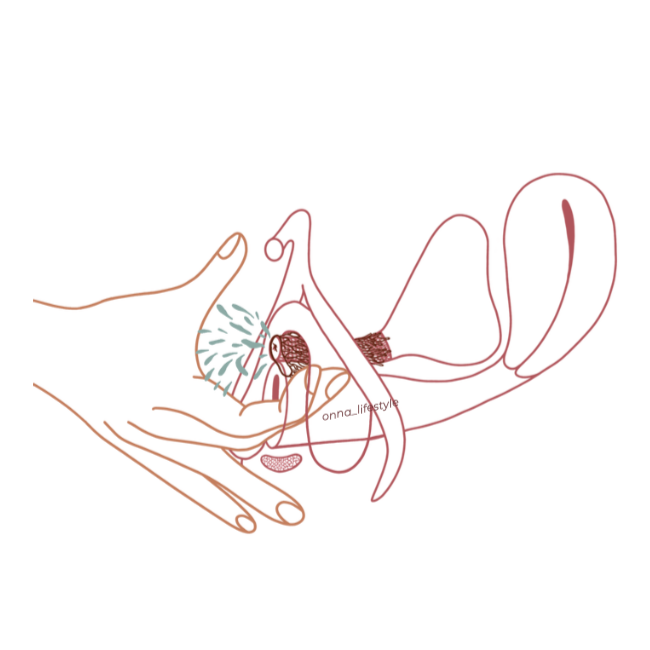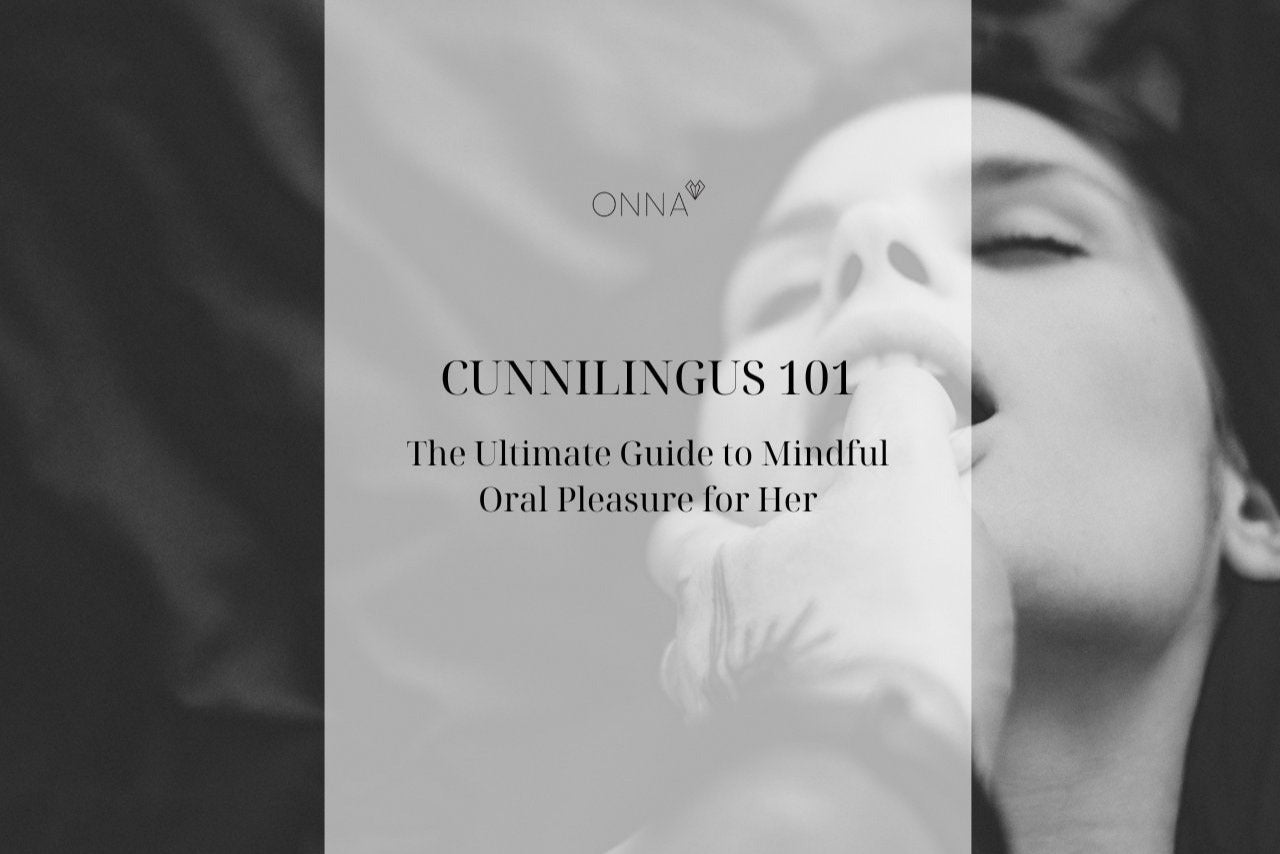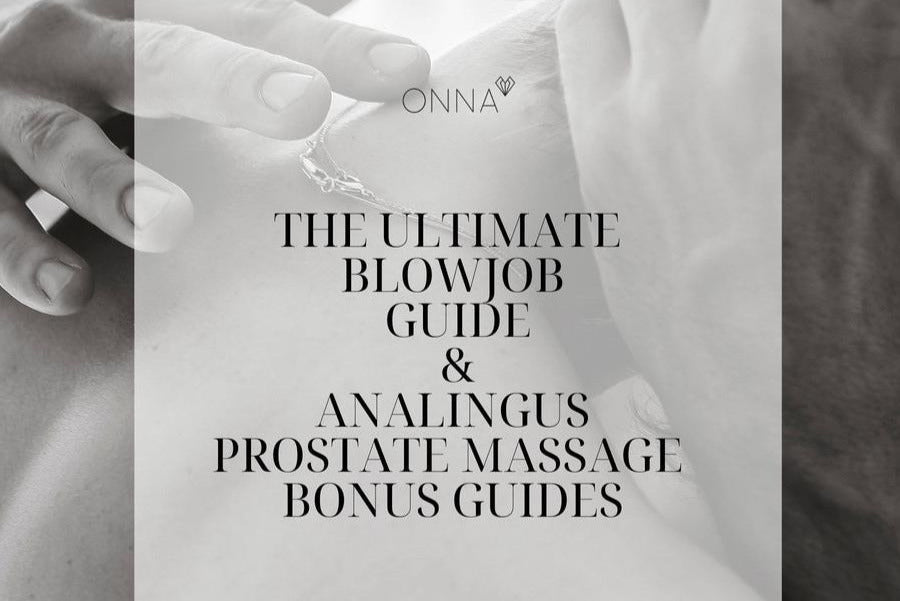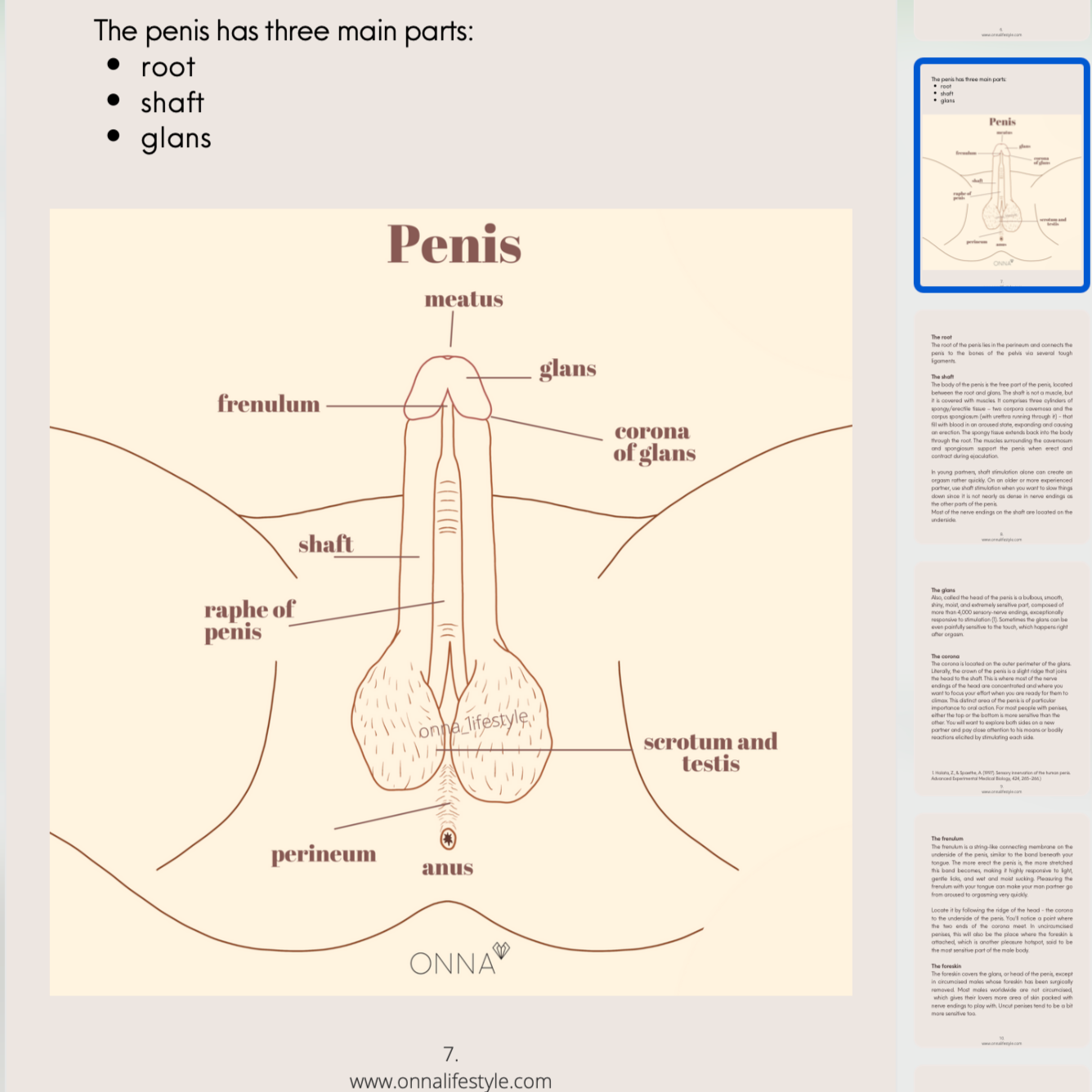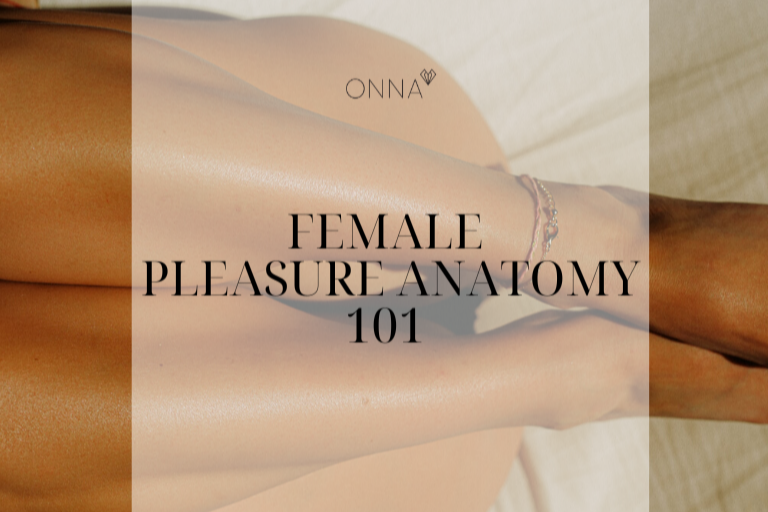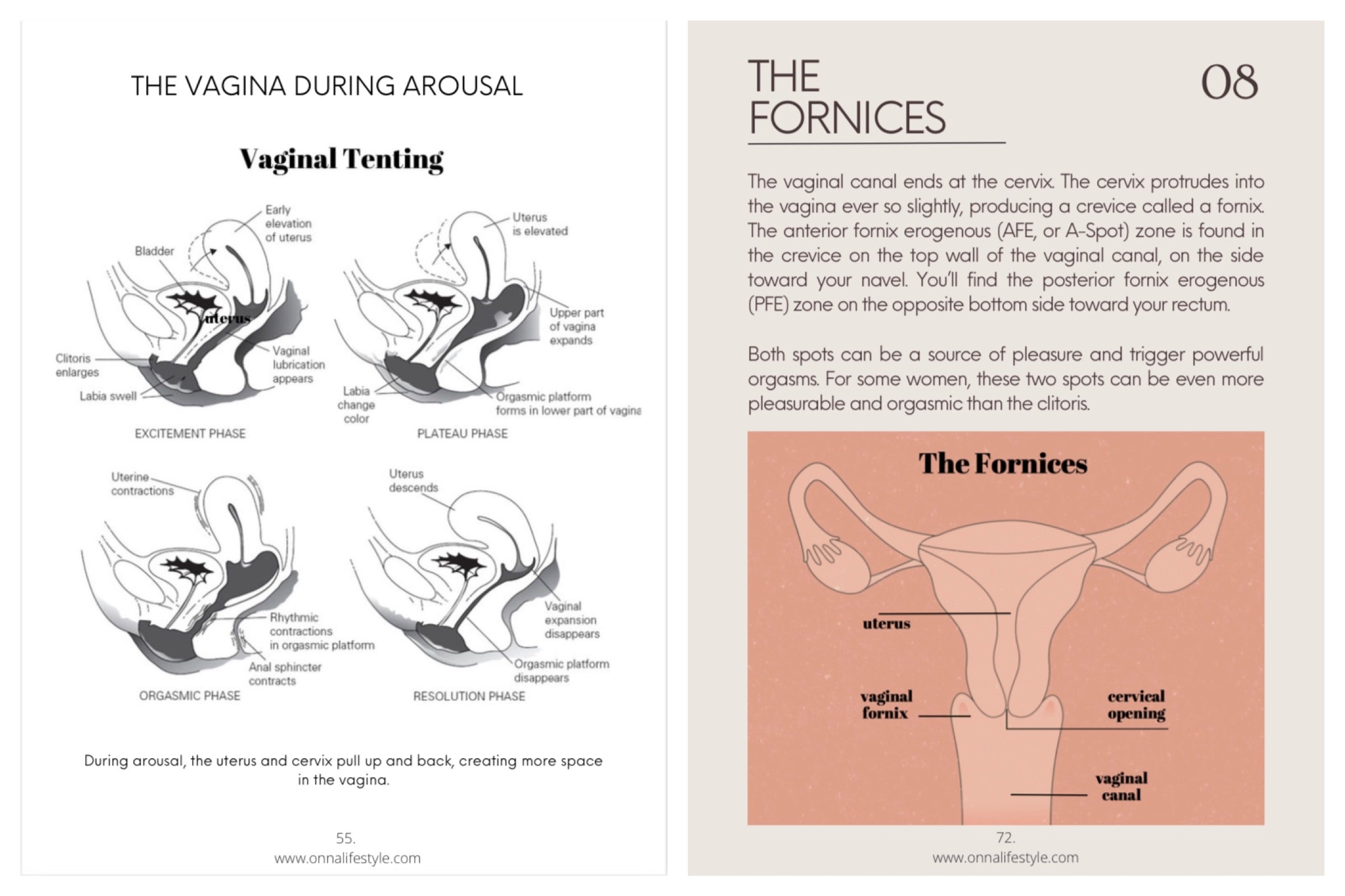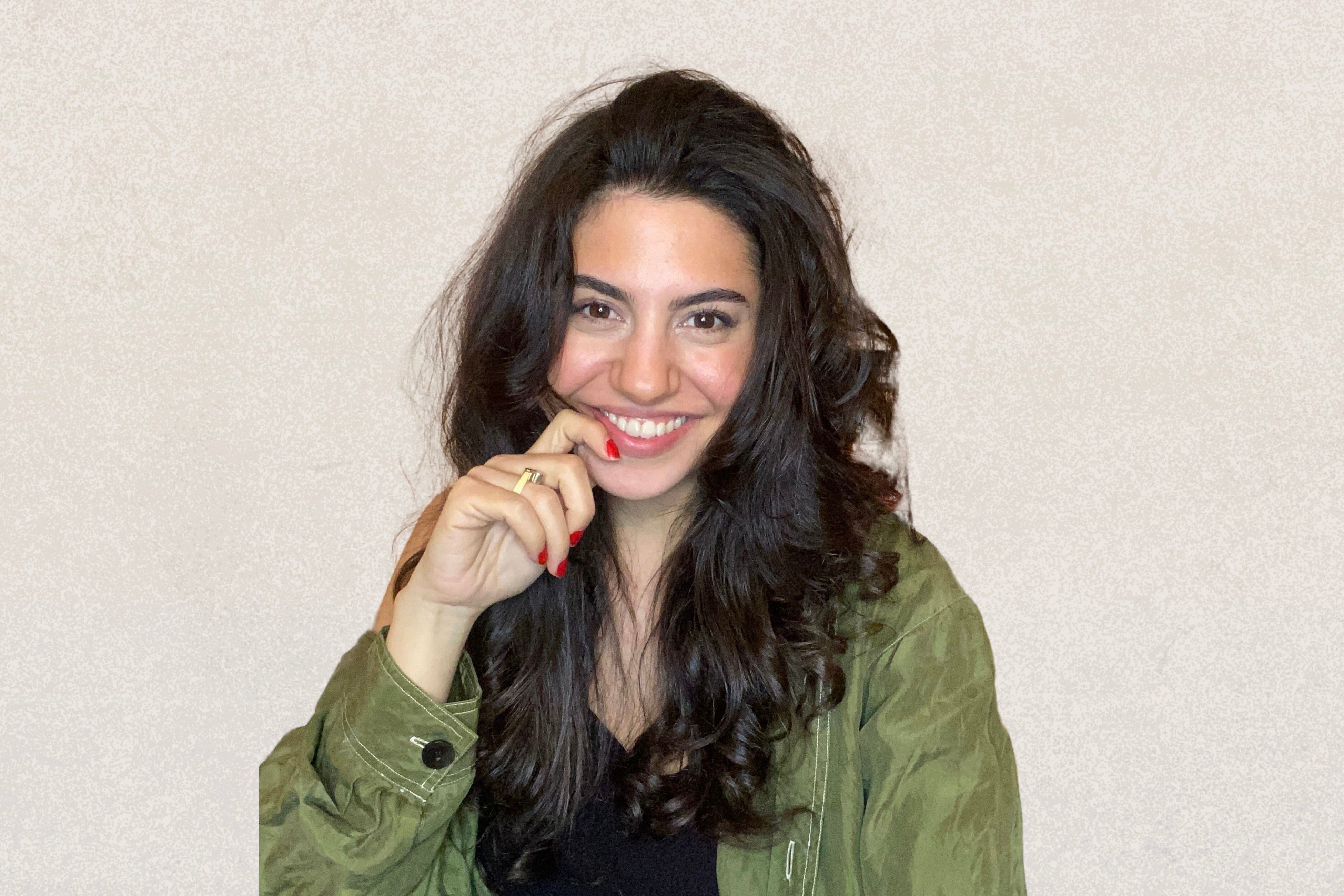
Onna Pleasure Muse Interview- Tuğçe Balik
As part of our ongoing Onna Pleasure Muses series, we sat down with Tuğçe—a Turkish-Canadian sexologist and certified Tibetan Tantra practitioner whose path into this work was anything but linear. With roots in political science and a career in corporate strategy, she made a radical pivot just before the pandemic: away from boardrooms and into the body.
Tuğçe’s approach to pleasure is layered and deeply embodied. Through a blend of Western science and Eastern practice, she guides people back into relationship with their sensations, their truth, and their boundaries.
In this conversation, Tuğçe speaks about the evolution of her relationship with pleasure, the grief that often accompanies growth, and why intimacy begins with presence, not performance. What emerges is not a list of tips, but an invitation to slow down, listen deeply to what’s alive inside you, and bring pleasure into your daily life instead of tucking it away for rare occasions.It’s a message we as a brand have also lived by and built everything around.
Can you tell us more about who you are and your journey? Who is Tuğçe?
I’m Tuğçe—a 31-year-old Turkish/Canadian, board-certified sexologist, and certified Tibetan Tantra practitioner. While I’ve always been drawn to the worlds of sexuality, embodiment, and wellness, my academic and career path originally took a very different turn. I studied political science and worked in management consulting, focused on sustainability and strategy. But something was missing. Just before COVID hit, I left the corporate world to follow what truly lit me up: guiding people back into connection with their pleasure, their bodies, and their truth.
My work now blends Western science with Eastern traditions (specifically using Tibetan 5 Elements Tantra) to help people heal, reconnect, and feel at home in their bodies—and with each other. Pleasure isn’t something you earn. It’s your birthright. It’s your medicine. And I’m here to help you remember that.
How do you personally define pleasure, and how has that definition evolved over time?
I used to equate pleasure solely with sex. But over time—through Tantra, somatic training, and spiritual practice—that lens has completely expanded. Today, I see pleasure as any experience that brings me into a state of bliss, safety, and aliveness. It can be sexual, sure. But it can also be spiritual, emotional, intellectual, even mundane. Pleasure is our natural state when we’re regulated, present, and embodied.
I used to think pleasure meant orgasms and bubble baths. Now? It’s also a slow morning stretch, a juicy novel, or that first bite of something buttery and warm. It’s a deep breath in a sunlit room. It’s knowing what your body wants and actually giving it.
What role does pleasure play in your daily life, and how do you prioritize it?
Pleasure is not something I save for date night or special occasions—it’s infused into the way I move through the world. As a Tantra practitioner, I see pleasure as a doorway to presence, and I use the "Pleasure Scale" from Authentic Tantra as a daily compass.
Instead of measuring my experience through a pain or productivity lens, I ask myself: where am I on a scale of 1–10 when it comes to pleasure in this moment? What would make this a 10? More sunlight? Softer clothes? A glass of water or a deep breath? This practice rewires us to prioritize what nourishes us.
When you start attuning to the little ways your body can feel good outside the bedroom, pleasure becomes your baseline—and it flows into your sex life with so much more ease.
What are your pleasure rituals?
I have different rituals depending on the type of pleasure I'm tending to:
- Spiritual: I meditate daily, working with deities through Vajrayana Tantra practices. These rituals anchor me into devotion and inner spaciousness.
- Sensual: I intentionally engage my five senses throughout the day—from the textures in my home to the scent of my perfume to the food I prepare. I also move daily, whether through dance or walking, as a way to drop into my body.
- Intellectual: I’m always reading something juicy and lately, writing has been feeding my brain in new ways.
- Sexual: I prioritize solo pleasure practices like orgasmic awareness (a kind of mindful masturbation) and yoni massage. These are not just about orgasm—they’re about deep listening and self-connection.
What advice would you give to others who are hesitant to explore pleasure?
You don’t have to start with sex. In fact, I recommend you don’t. Start with sensation. Start with a hand on your heart. Start by noticing what feels comforting, warm, safe. Pleasure is a regulated nervous system. For many of my clients, we begin with breath, meditation, and gentle movement before ever touching sexual energy. It’s about coming home to your body, not pushing yourself into a performance.
What have been the biggest challenges in your intimate relationships?
Honestly? The death and rebirth cycles that come with deep healing. As I’ve grown, I’ve had to grieve connections with people who couldn’t (or wouldn’t) meet the newer version of me. It’s painful when someone wants the old version of you back. But boundaries are sacred. And sometimes the most loving thing we can do is let something go.
Grief has layers, and sometimes mine looked like crying in the bath with a yoni egg and an Aretha Franklin playlist. This work is tender. It will ask you to keep letting go of what no longer matches your expansion.

Biggest lesson you’ve learned about intimacy?
That love isn’t enough if you’re not being met. You can’t change someone who doesn’t want to grow with you. I’ve stayed in relationships way past their expiration date hoping my commitment would be enough. It never is. It’s better to be alone than to feel lonely in a relationship.
Can sexual incompatibility be worked on?
To a degree, yes. If there’s attraction, respect, and a desire to learn—you can absolutely build sexual compatibility. But if your body doesn’t want to be within ten feet of them, that’s not a skill issue. That’s a knowing. And your body always knows.
What would you tell your younger self about sex and intimacy?
That shame you’re carrying? It’s not yours. It was placed on you. And you get to take it off, piece by piece, breath by breath.
Best tip for couples in a rut?
Yabyum. Eye gazing. Synced breath. Sit facing each other. Let the world fall away. Don’t talk, don’t fix, don’t sexualize it. Just be there. Look. Breathe. This one practice alone can rewire your nervous systems and bring you back into attunement.
When do you feel most emotionally or spiritually connected to a partner?
Shared rituals. Waking up and meditating together. Cooking while music plays. Scheduling time to be with each other, even if it’s not sexual. And when we speak each other’s love languages with care.
How do you navigate communication around desires and boundaries?
Through Tantric Speech. It’s one of my favorite tools. It teaches us to:
- Speak with loving kindness
- Listen with presence
- Respond instead of react
- Use "I" statements to express needs
Here are some examples I often give to clients:
- “I feel closest to you when..."
- “Right now, my heart feels..."
- “I would love to feel even safer with you. One way we can create that is..."
How do you express and receive love? And how has that evolved?
I express love through acts of service and words of affirmation—and I receive love the same way. I feel most cherished when a partner meets me with presence, support, and intention. Bring me my favorite tea when I’m deep in work mode? I’m melting. Look me in the eyes and tell me what you love about me? Instant puddle.
In my 20s, I didn’t have that clarity. I was in relationships where I was adapting more than I was expressing. Now, in my 30s, I’m so much more anchored in what I want: co-created connection, intentional partnership, and shared rituals that reflect respect and reverence. I no longer settle for "almost right." I want devotion. I want to be met in the small, ordinary moments—the way I fold laundry, the way I overthink my calendar, the way I light a candle before dinner. That’s intimacy too.
What is something most people don’t know about you?
Since entering the world of holistic sexology, I’ve been mostly abstinent. Not because I don’t love sex—but because I took time to get deeply intimate with myself. I wanted to be the partner I desire to attract. Emotionally, sexually, spiritually. I’m not here for crumbs anymore. I’ve redefined what pleasure means to me, and I’ve become so much more discerning about who I share my energy with. These days, my turn-ons have more to do with depth, presence, and safety than just physical chemistry.
What does sensuality mean to you, and how do you embody it?
To me, sensuality isn’t about how you look. It’s about how present you are. I define it as alignment—between your thoughts, your actions, your speech. That kind of integrity is sexy. It’s less about silk sheets and more about self-awareness. I embody sensuality through daily rituals: breathwork, embodied movement, nourishing food, prayer, pleasure. Sensuality, for me, is about attuning to the subtle. Letting life touch you back.
If you could give one piece of advice to women on sex and desire, what would it be?
Become your best lover first. Learn every inch of your body—how you like to be touched, teased, worshipped. When you know your arousal blueprint, you can teach others how to love you well. That’s powerful. Because if you don’t know how to touch you… how will they? Prioritize pleasure for yourself—not as a means to an end, but as a devotional practice. Be slow. Be curious. Let it be messy, and let it be yours.
Have you had your heart broken? How do you process grief?
Yes. Many times. My grief is raw and ritualistic. I cry. I scream into pillows. I journal. I walk. I meditate. I do yoni yoga. I take baths. I stop trying to be okay and just feel. I let the heartbreak stretch me. And every time, I emerge softer. Stronger. Wiser.
Grief isn’t linear, and it isn’t logical. It shows up in waves—sometimes months later. And when it does, I meet it like I would meet a lover: with presence, with patience, and without trying to fix it. That’s the most intimate relationship of all—the one we build with our own pain.
-----------------------------------------
Follow Tuğçe and her work here:
Website: www.tugcebalik.com
Instagram: imtugcebalik






